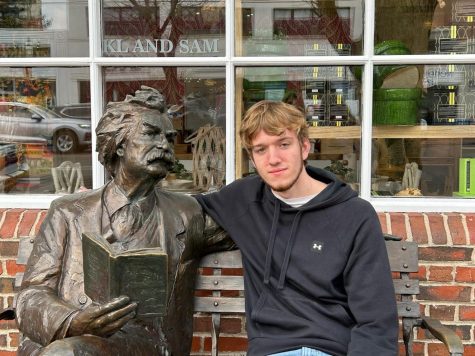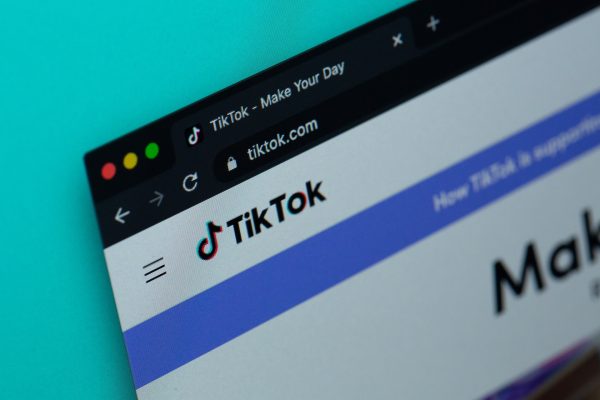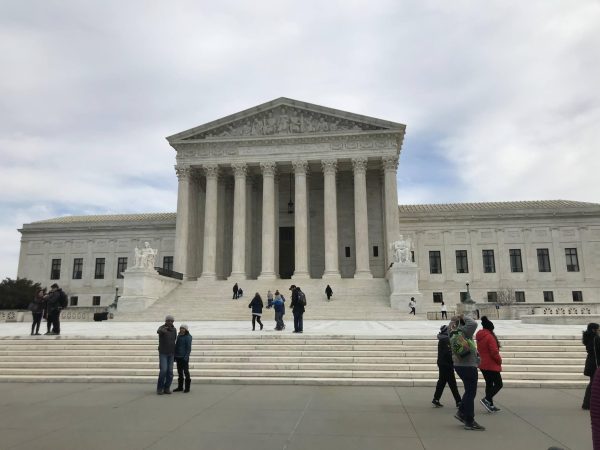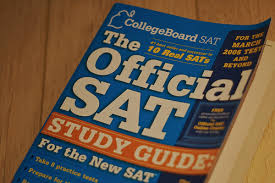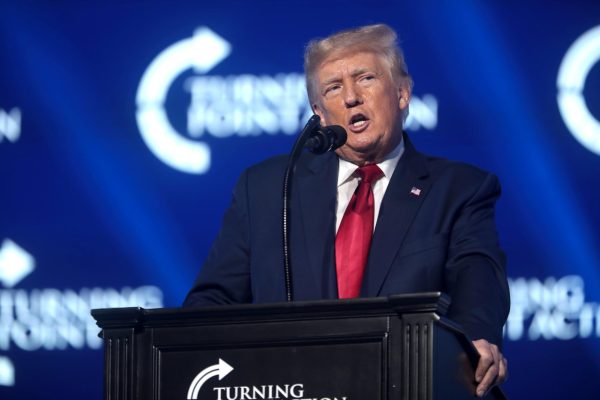Connecticut Votes to End Religious Exemption for School Vaccines
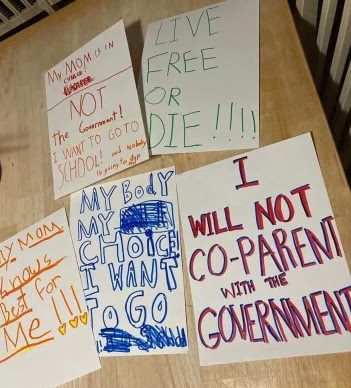
Families protesting the removal of religious exemptions for vaccines marched to the State capitol on April 27 with signs reading, “Live free or die!”
May 17, 2021
On Wednesday, April 28, Connecticut Governor Ned Lamont signed a bill that would remove the state’s religious exemption for required school vaccines, starting on September 1, 2022. The bill passed the state House the prior week, and the Senate on Tuesday, April 27. The votes in both chambers were divided, with Democratic majorities voting in favor of the bill and Republicans voting against it. In the Senate, the vote was 22-14, with all Republicans and two Democrats voting against it. The vote in the house was 90-53, with seven Democrats joining the majority of Republicans in voting against the bill, and five Republicans voting for the bill. Currently, religious exemptions allow parents to send children who have not received the required vaccines to school, on the basis that they have a religious objection to receiving the vaccines. The new bill will make Connecticut one of six states that do not accommodate religious exemptions for school vaccines, along with New York, Maine, Mississippi, West Virginia, and California.
The law only affects children who are entering school for the first time. Students currently in school who have avoided vaccines through a religious exemption will not be required to get a vaccination. Students will still be able to opt out of being vaccinated for a medical reason.
One of the main arguments for the bill was that it would protect students who are unable to get vaccines for medical reasons. In a Public Health Committee report, State Senator Martin Looney said, “By eliminating non-medical exemptions to mandatory vaccination policies, we stand up for our children and medically fragile people in our communities who cannot be vaccinated against preventable diseases.”
Others have argued that the bill infringes on the Constitutional right to freedom of religion. Senator Tony Hwang, who represents the 28th District (which includes Fairfield) in the State Senate, expressed his displeasure with the bill in a NewsTimes op-ed: “I respect that we as legislators and state government should not have the right to dictate and override the personal choice of Connecticut residents and parents,” he said in the article, also making the case that “we should strive to raise awareness and vaccination participation through education and outreach, not by statutory mandates and threats to take away academic and social emotional interaction of children and families.”
However, there have also been questions raised about how fair one can take religious freedom. In the same Public Health Committee report, Senator Looney said, “Adult’s rights to freely practice religion do not extend to damaging the welfare of their children or other children in the community.”
As within the state legislature, there has also been some pushback on the bill from Connecticut residents. While the Senate was debating the bill, people numbering in the thousands gathered outside the State Capitol to protest what they saw as an infringement upon their rights. Before the bill was even signed into law by Governor Lamont, people had pledged to file lawsuits against it.
While the new bill does not directly affect high school students, the debate around balancing individual rights with the well-being of the community is an important one that has come up many times, not only around vaccines but also around issues like gun rights and mask-wearing.

